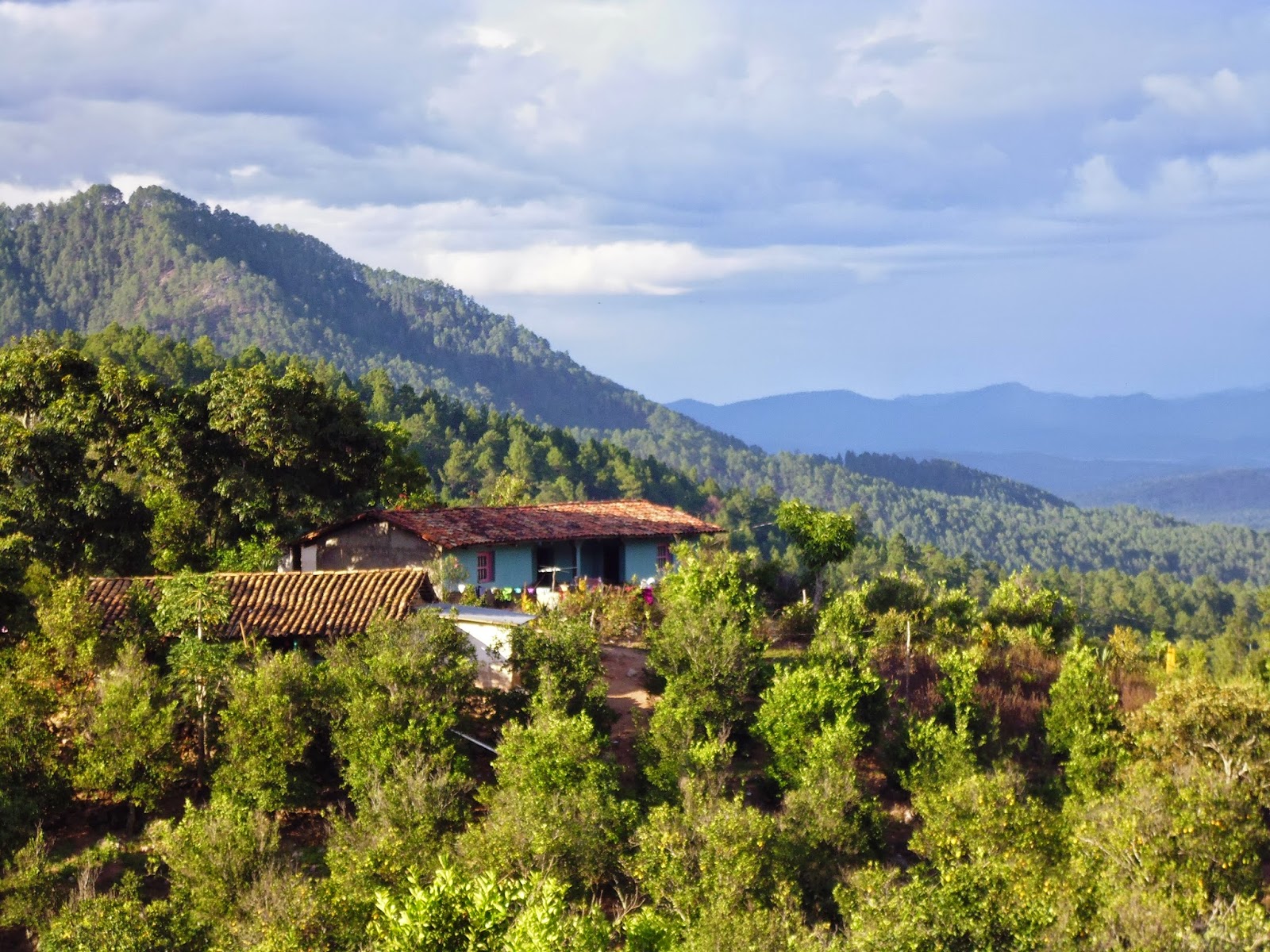Journal entry from last year, most likely
written after a run filled with too many thoughts on my wavering future:
THE DREAM
-- herb garden
-- CSA box
-- Sunday New York Times
-- dad's old radio in the kitchen
-- library card
-- Craigslist an old TV with DVD/VHS player for thrift store finds
I
am both a grandma and stereotypical
millennial all in one, although I relate to the former more.
Before Honduras,
I switched to a water bottle and thermos, a reusable bag for groceries that folds into a ball
and fits in a purse, bought borax, vinegar, and baking soda for my cleaning
needs, and shopped for makeup at Whole Foods. My wardrobe is modest, thrifted
and always has been. I dream of my new apartment for many reasons; one being that I can tackle projects like composting, air drying my clothes, installing CFLs and sealing the windows for the Chicago winters.
I feel a bit like the main character in Jeff Nichols' Take Shelter with my plans: a bit obsessive and driven to much self consciousness for my
habits/desires. Yet I can't help but think that like the main character's
case, a storm is a coming (Okay, so that was so very doomsday of me. Ignore the
analogy I suppose but please, go see any and all of Jeff Nichols' work).
Some of my attempts to live green haven't been that effective. Homemade deodorant caused me
to do laundry more because well, it just didn't work. Homemade shampoo had my
head itching for weeks, and green alternatives for feminine hygiene products
weren't particularly helpful. The biggest upset of it all? The constant guilt
that all of this is so small scale that I'm tackling the wrong problem.

The past couple of weeks, Chicago has debated over the recently passed
legislation to ban plastic bags. While I'm sure there's more environmentally
advantageous legislation to be summoned in Chicago and that the new ban needs tweaking,
I'm mostly troubled by the anger from the opposition.
Tribune columnist John
Kass complained about the switch an article: "[What do you do] when you're carrying two badly packed paper bags
and one splits, and your "personal items" fly all over the bus.
You'll have to crawl down the aisle to get the navel orange that stopped
rolling near the boot of a large, brooding man with blue prison tattoos on his
face... And frozen foods? Don't forget to nestle frozen foods inside a
"freezer bag" without touching paper, or the customer will have to
chase the orange down the aisle and tap the shoulder of the blue-tattoo-faced guy.
See? Let's go back to plastic before this trend sweeps the nation. It's much
nicer and easier... And it's not
stupid."
How outraged we become these days by the burden of changing a small habit. Perhaps I'm naive to think that the ban is a small win but I'm a cynic too and well, reminding people about sacrifice seems like a step in the right direction.






